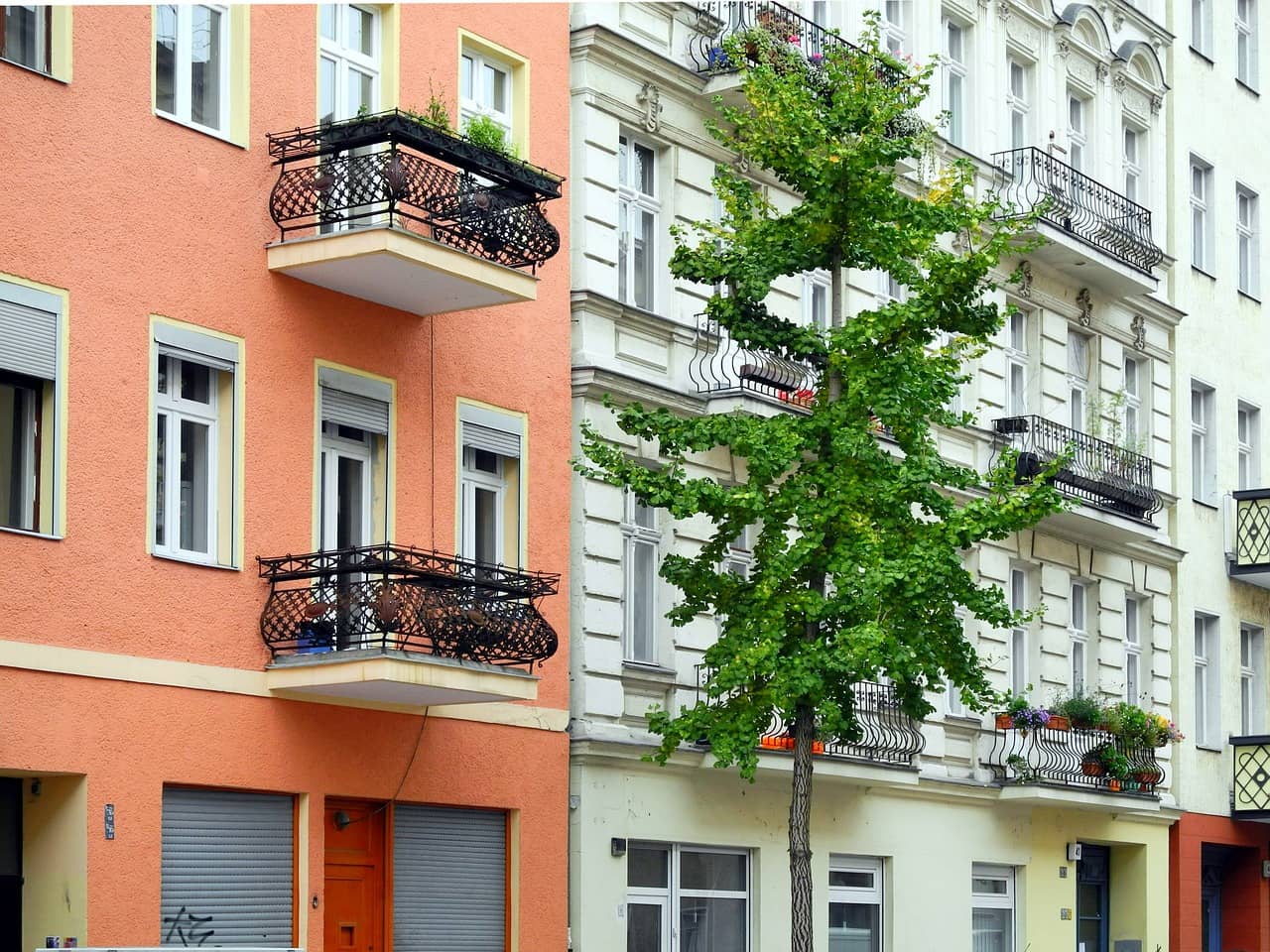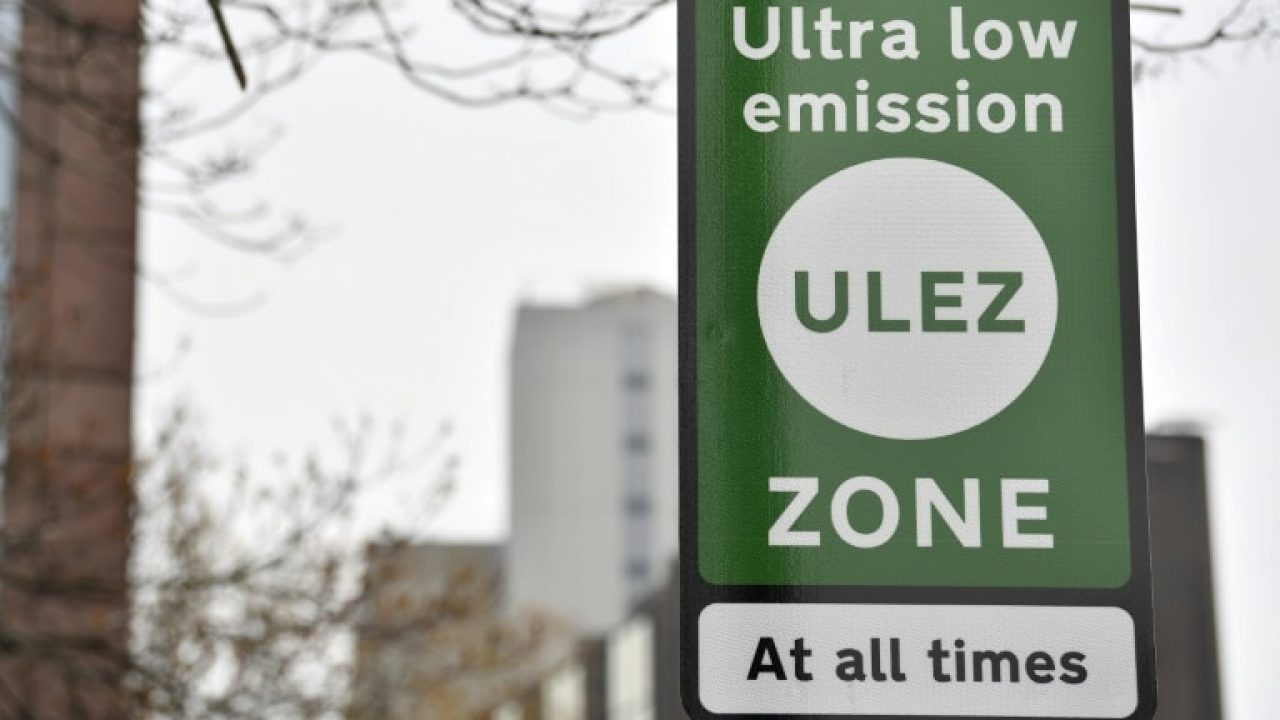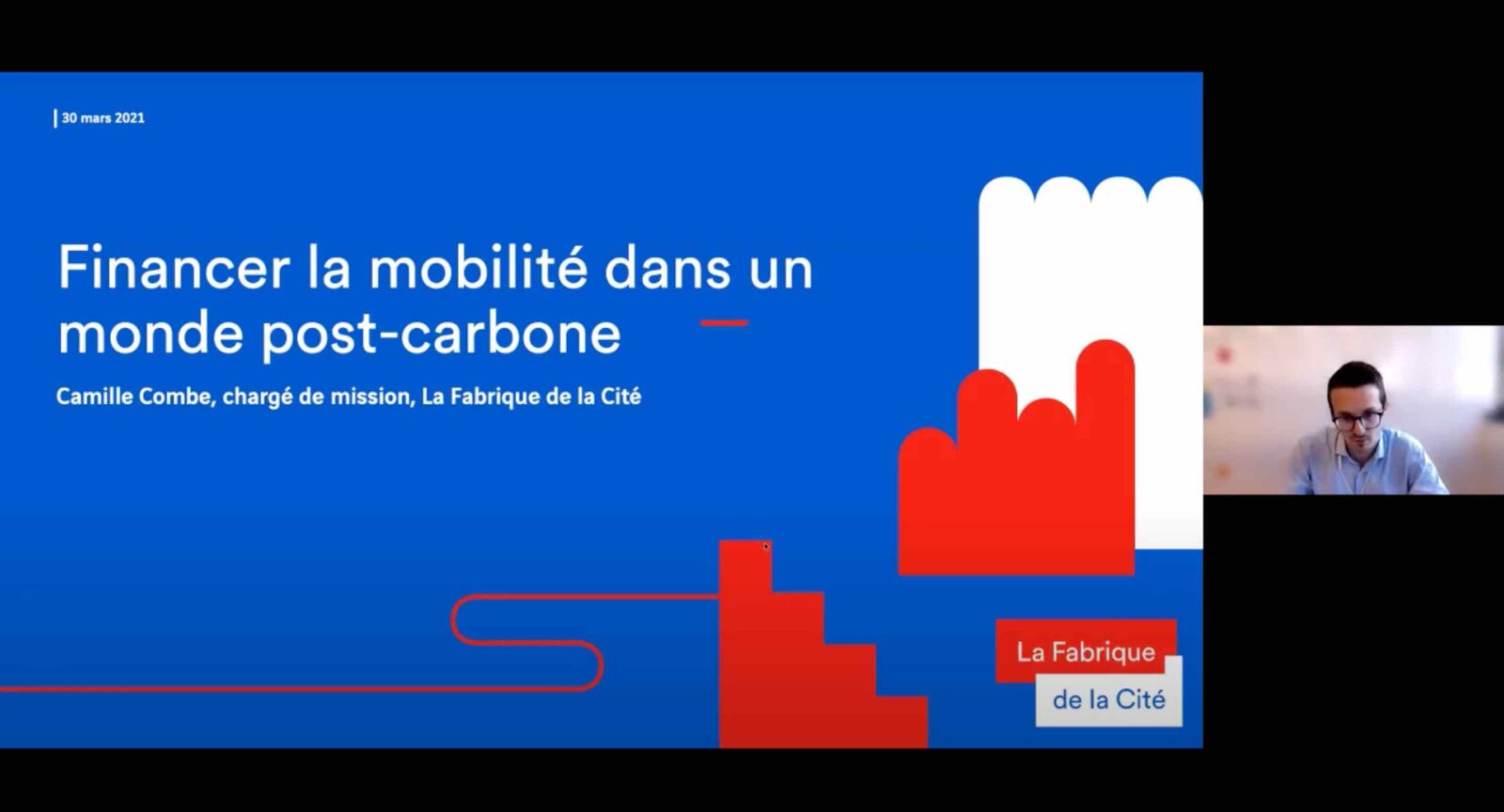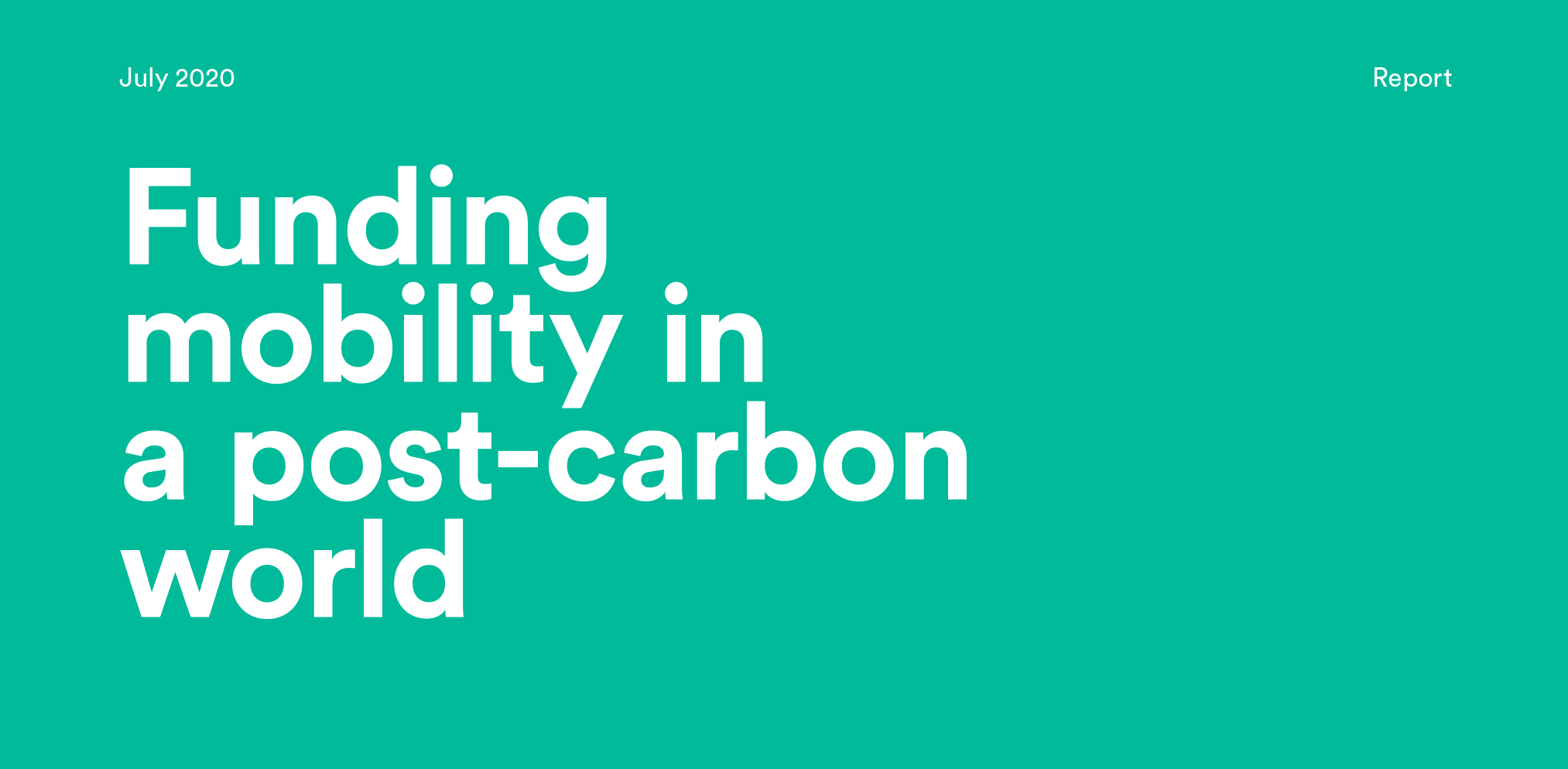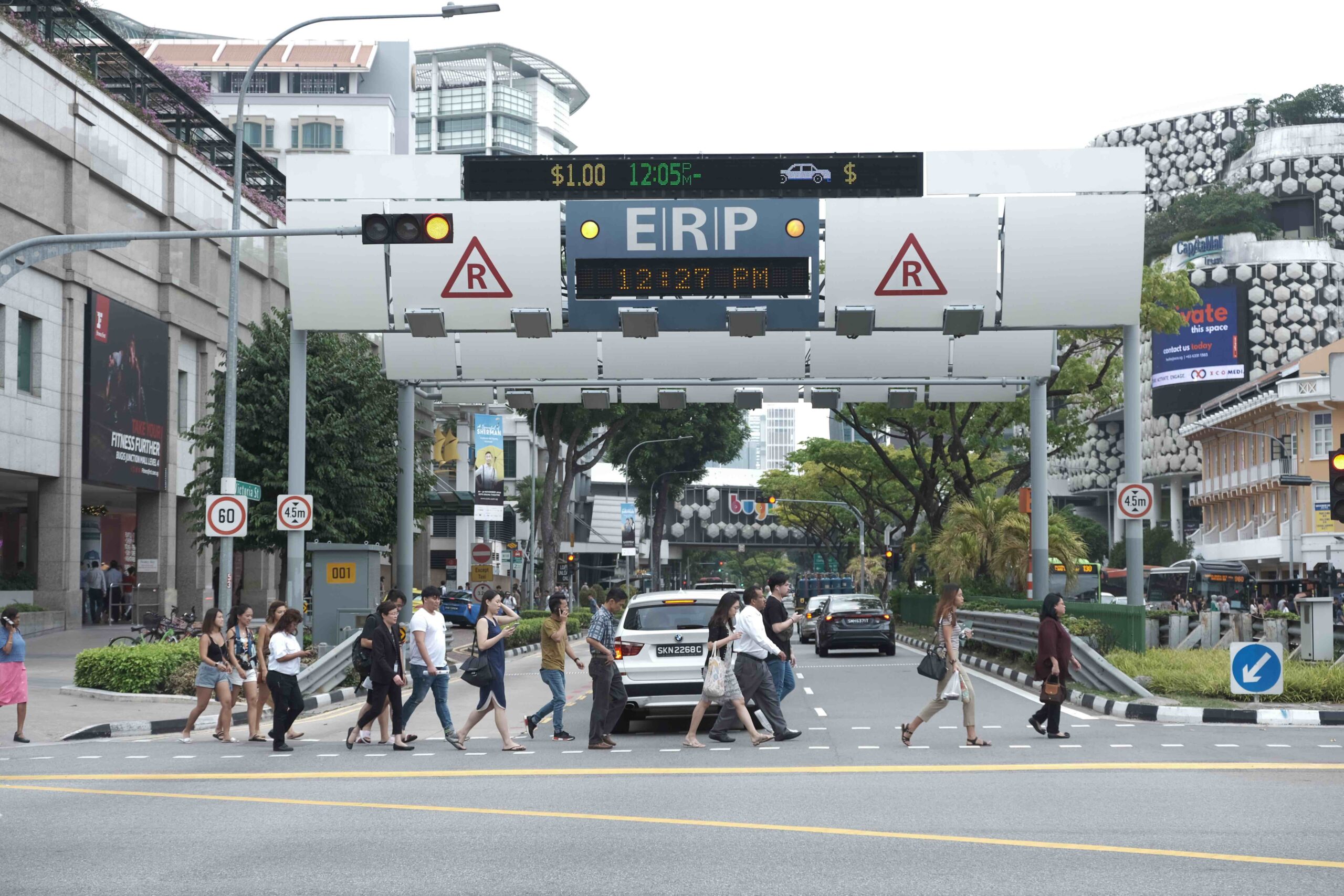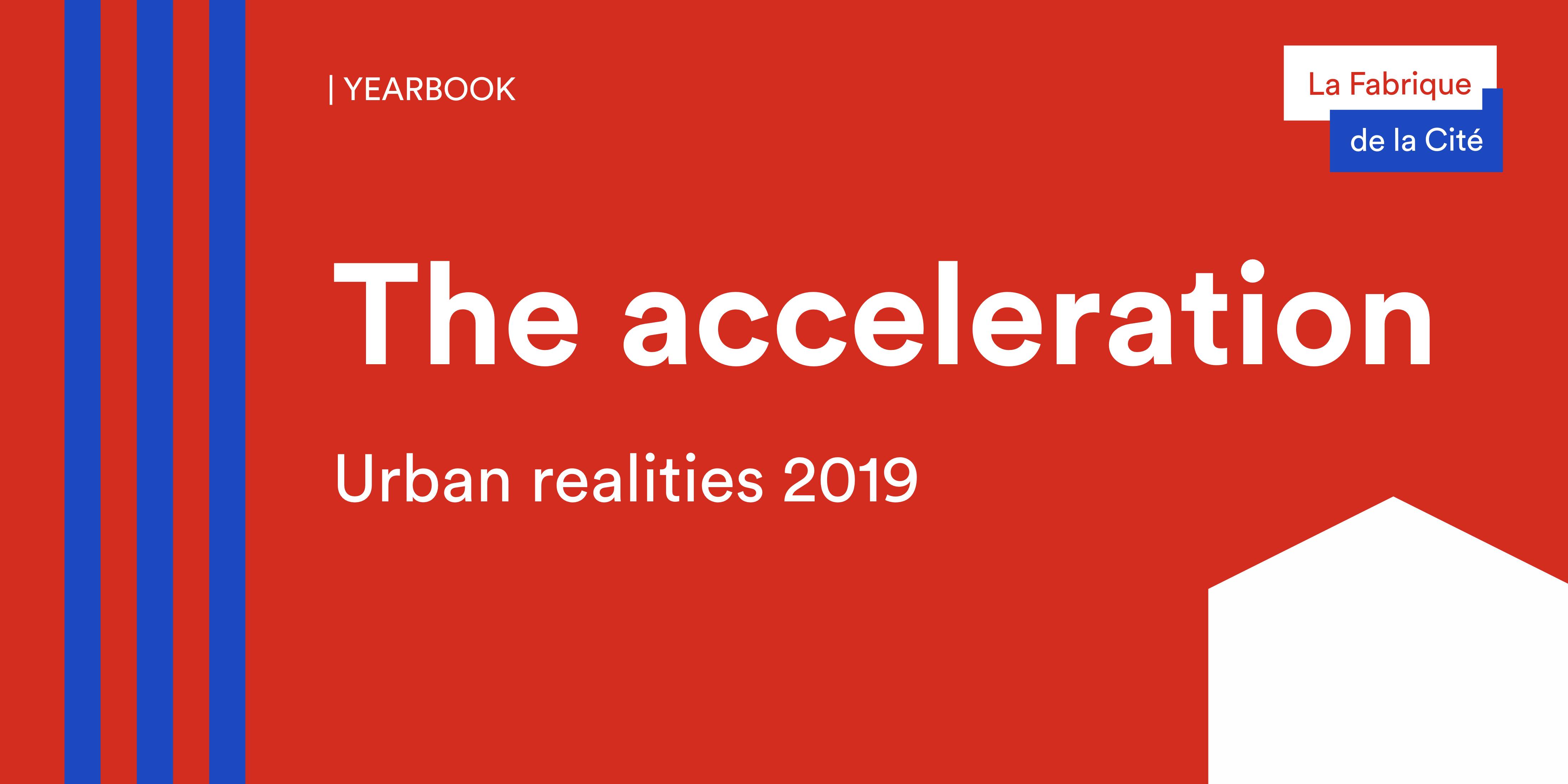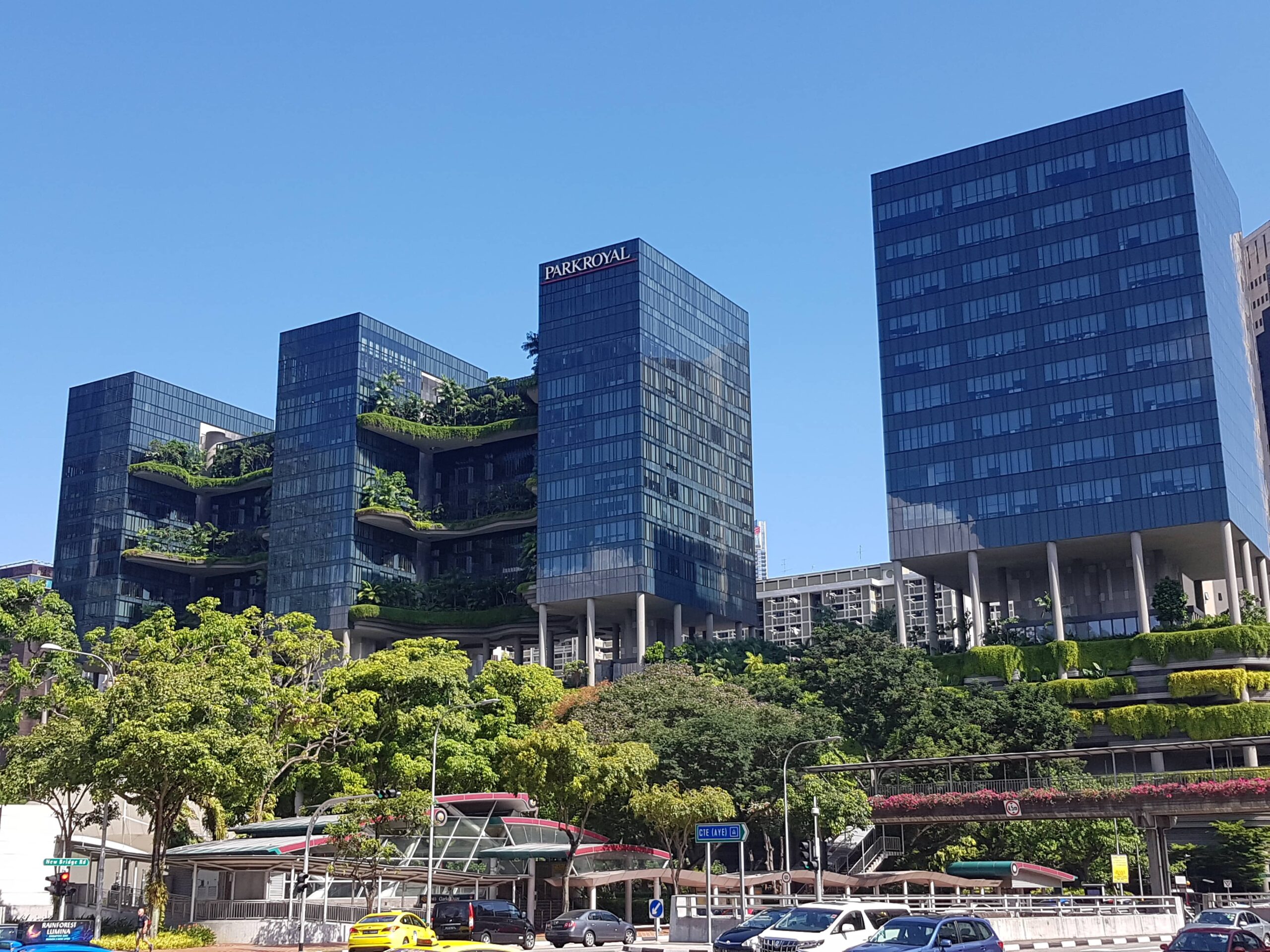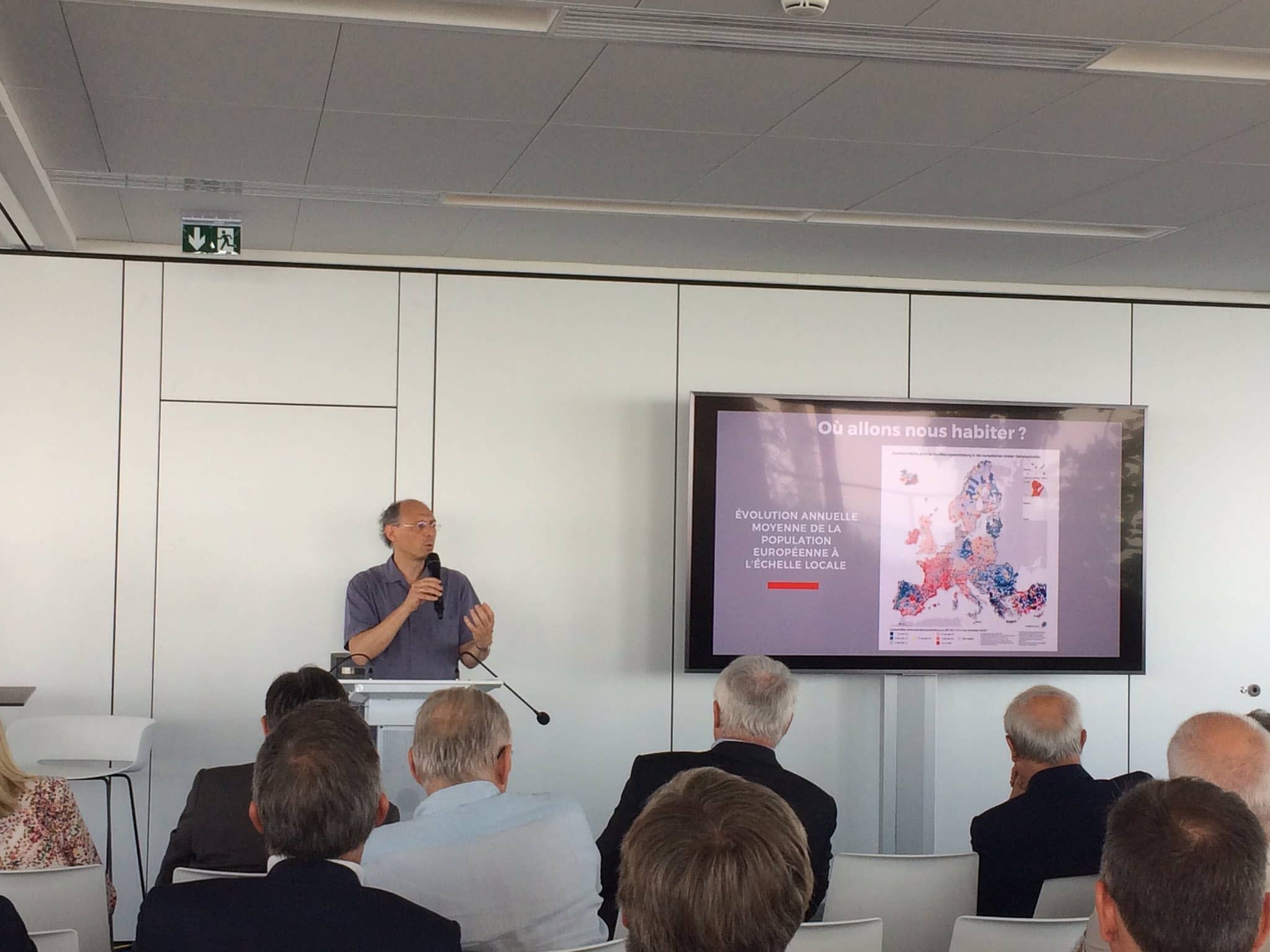

Time to put an end to urban sprawl
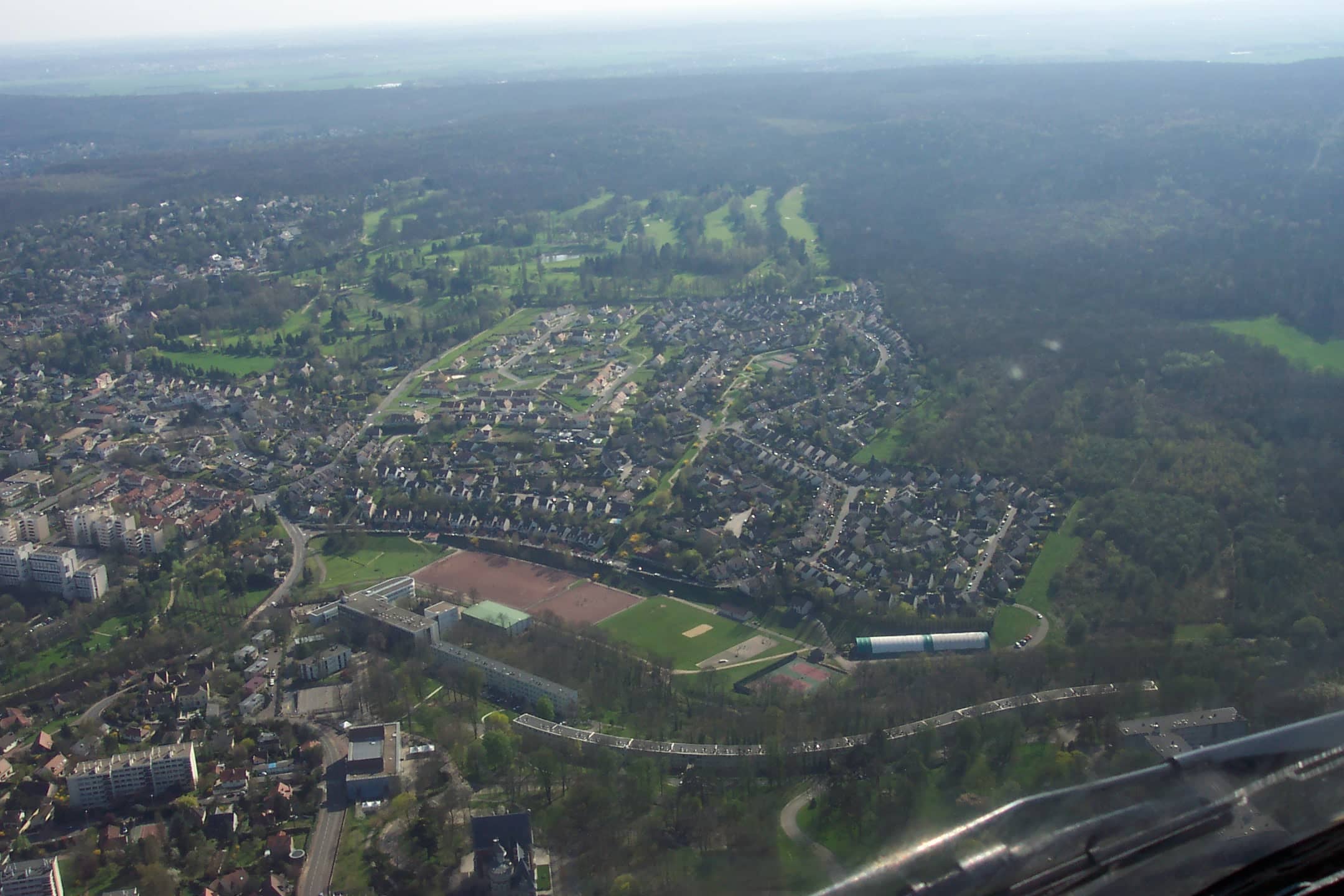
While mobility was the catalyst of the “yellow vests” movement, housing, on the other hand, has been conspicuously absent from the movement’s demands. Housing is also nowhere to be found in the fundamental questions raised by Emmanuel Macron in his 13 January letter to the French. The ubiquity of mobility in the public debate, at the expense of housing, may seem paradoxical, as housing is a far bigger financial burden on households than mobility ever was; French geographer Aurélien Delpirou thus remarked that “the weight of car-related expenses has been stable since 1990, contrary to housing-related expenses (which are constantly increasing, particularly in city centers and for underprivileged households)”. The average household affordability ratio (the portion of household income allocated to housing expenses) increased from 16.1% in 2001 to 18.3% in 2013 (INSEE).
This is a paradox in appearance only. Household mobility costs, while often regarded as unavoidable expenditures, are actually the direct consequence of households’ housing choices. In reality, mobility and housing costs are thus intrinsically linked. In fact, the events that triggered the yellow-vest movement (a decrease of the speed limit from 90 to 80km/hr and a fuel tax increase) have led the issue of the cost of car ownership to take center stage, with no attempts made to understand the determining factors of car dependency. The financial burden of daily mobility for car-owning residents of the suburbs is merely the direct effect of urban sprawl, itself born from the long-time adoption of policies favorable to the individual detached home, a vector of suburbanization. Thus, Aurélien Delpirou explains that suburbanization was “strongly encouraged in the 1980s and 1990s – i.e., after the decentralization of urban planning – by mayors bent on expanding their municipalities at all costs, even if it meant scattering individual housing lots, malls, and large public services in the peripheries, while keeping them separate from each other […] This urban dispersion, the most marked in Europe, was also encouraged by the state, via the multiplication of access-to-ownership mechanisms”.
Urban sprawl, which has marked the history of French metropolises for several decades, partly explains the attrition of the affordable housing supply for low- and middle-income households, which was the subject of a study published by La Fabrique de la Cité in November 2018. It is obvious, as soon as one incorporates the mobility costs induced by the localization of housing into the calculation of housing costs, that the affordable housing supply is actually, in many of our metropolises, far smaller than it should be. Metropolization also increases the polarization of jobs, which, despite sometimes naïve hopes of a fast rise in telecommuting, are still largely anchored in the residential economy and located in the center of metropolises. This polarization of jobs is only increasing the current stress on the real estate market, making daily mobility more difficult in metropolises, and thus making urban sprawl intolerable. Through the protests born of measures related to daily mobility, it is the interconnection of housing, employment, mobility and urban policies that has been revealed. The solution does not lie in one-time measures or in silo-ed approaches, which have wreaked sufficient havoc. It is high time to ask ourselves what kind of urban model we want for 21st-century France.
Subscribe now and never miss another Urban Snapshot.
These other publications may also be of interest to you:

Oslo : reimagining the City for a Carbon-Free Future
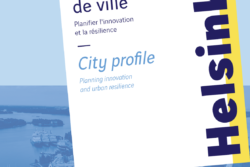
Helsinki : Planning innovation and urban resilience

Forget 5th Avenue

Long live urban density!

Sending out an SOS
The ideal culprit
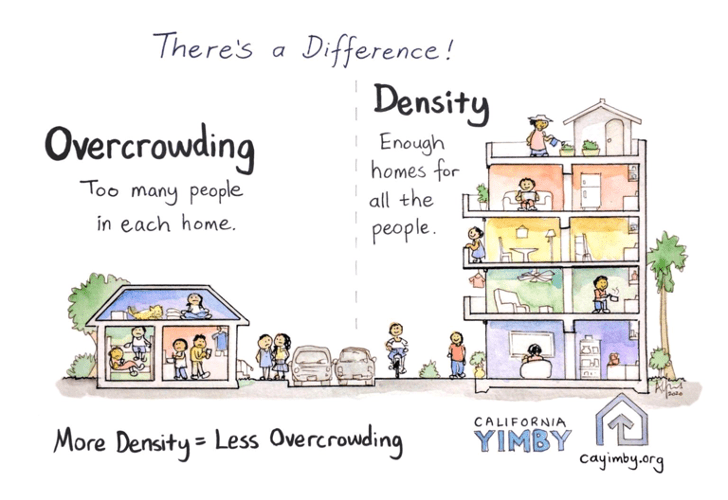
Behind the words: density

Behind the words: telecommuting

Behind the words: urban congestion
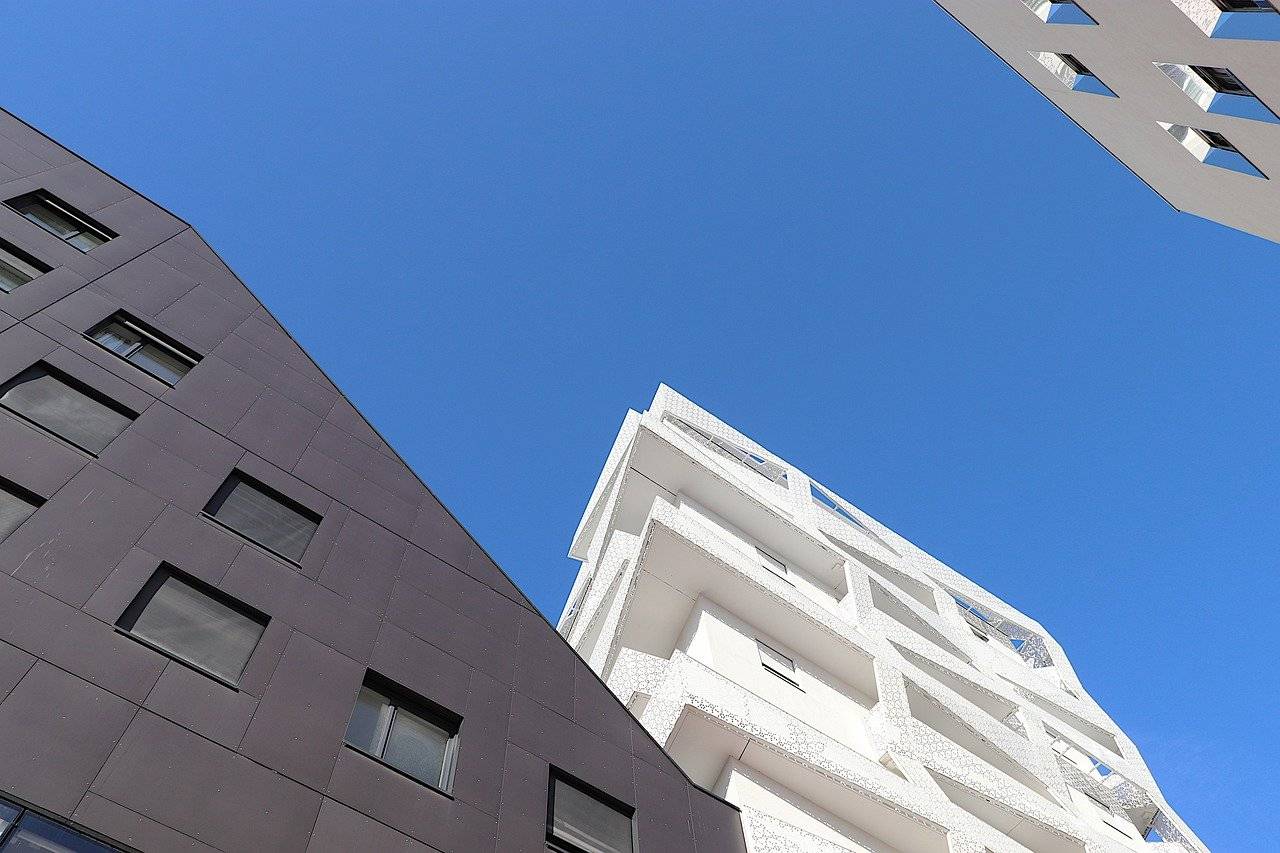
Behind the words: Affordable housing

The political and technological challenges of future mobilities

Inventing the future of urban highways
La Fabrique de la Cité
La Fabrique de la Cité is a think tank dedicated to urban foresight, created by the VINCI group, its sponsor, in 2010. La Fabrique de la Cité acts as a forum where urban stakeholders, whether French or international, collaborate to bring forth new ways of building and rebuilding cities.















